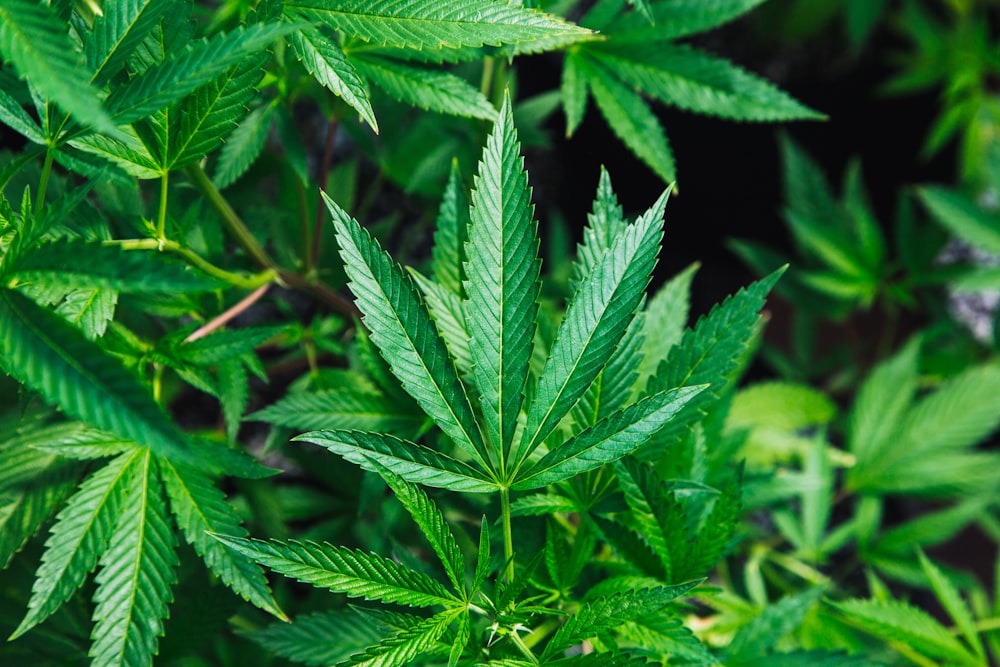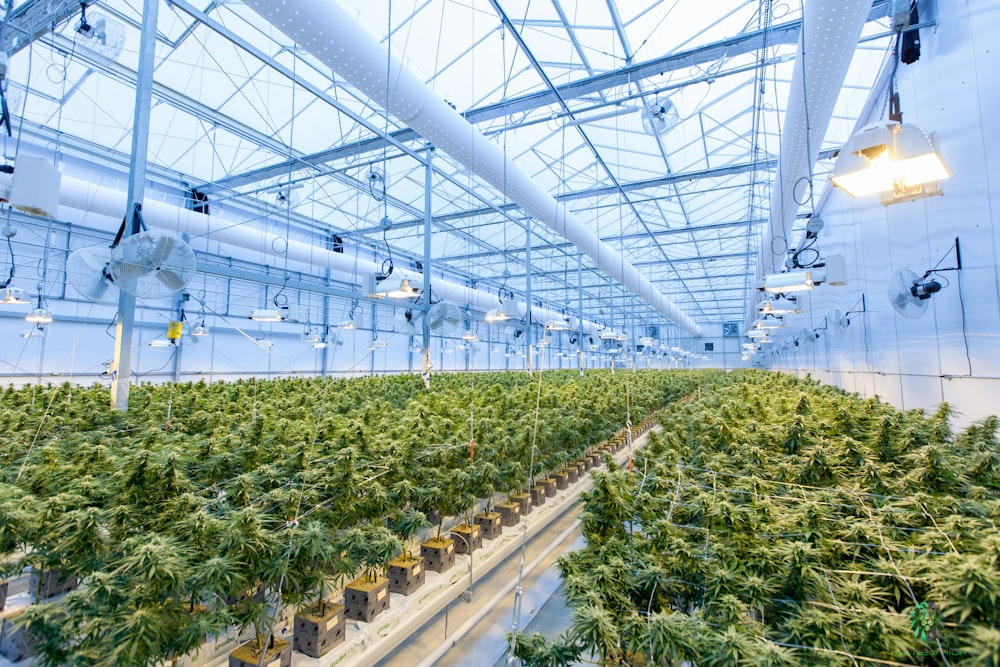The landscape of cannabis legislation has seen remarkable changes over the past few years, culminating in a historic decision: the declassification of cannabis from a Schedule 3 substance. This shift marks a significant milestone in the journey toward broader acceptance and integration of both medical and recreational cannabis at the federal level. Understanding the implications of this change in the cannabis market is crucial for industry stakeholders and consumers alike.
What is Schedule 3?
To grasp the full impact of cannabis’s declassification, it’s essential to understand what Schedule 3 represents under the Controlled Substances Act (CSA).
Definition
Schedule 3 substances are characterized by a moderate to low potential for physical and psychological dependence. They are considered less dangerous than Schedule 1 and Schedule 2 substances but still pose certain risks.
Examples
Common substances in Schedule 3 include anabolic steroids, ketamine, and certain barbiturates. These drugs have accepted medical uses in the United States but are subject to strict regulation due to their potential for abuse.
The Declassification Process
The journey to declassification involved a series of rigorous steps and concerted efforts from various stakeholders. This comprehensive process required collaboration among health organizations, patient advocacy groups, and industry leaders to ensure a science-based approach.
Steps Taken
The process began with a comprehensive review of existing research, highlighting both the therapeutic benefits and potential risks of cannabis. Advocacy from health organizations, patient groups, and industry leaders played a pivotal role. Following this, recommendations were made to relevant legislative bodies, culminating in a decision to remove cannabis from the Schedule 3 classification.
Key Players
Prominent organizations such as the American Medical Association (AMA), National Organization for the Reform of Marijuana Laws (NORML), and influential political figures championed this cause, advocating for a more science-based approach to cannabis regulation.
Implications for the Industry
The declassification of cannabis from Schedule 3 brings about several significant changes for the industry. These changes are expected to facilitate greater innovation and expansion, allowing businesses to operate with fewer regulatory constraints.
Regulatory Changes
With cannabis no longer classified under Schedule 3, the regulatory landscape will undergo substantial shifts. Producers, distributors, and retailers can expect more streamlined processes and fewer bureaucratic hurdles. This change opens the door for increased innovation and expansion within the industry.
Market Impact
The market is likely to experience notable growth. Declassification reduces the stigma associated with cannabis, encouraging more consumers to explore its benefits. This shift could lead to an influx of new businesses and heightened competition, driving advancements in product quality and variety.
Banking and Finance
One of the most significant impacts will be on the financial aspect of cannabis businesses. Previously, the Schedule 3 classification posed barriers to accessing banking services. With declassification, cannabis companies may find it easier to secure loans, open bank accounts, and engage in standard financial practices, fostering greater stability and growth.
Benefits for Consumers
Consumers stand to gain immensely from the declassification of cannabis for a variety of reasons. Firstly, the legalization of cannabis for recreational use opens up a whole new market for consumers to explore. This means that individuals who may have previously been hesitant to try cannabis due to legal restrictions can now do so without fear of repercussions. Additionally, the declassification of cannabis can lead to increased competition among producers, resulting in a wider variety of products and potentially lower prices for consumers.
Furthermore, the medicinal benefits of cannabis are becoming increasingly recognized, and the declassification of the plant allows for easier access to these therapeutic products. Consumers suffering from chronic pain, anxiety, insomnia, and other conditions may find relief through the use of cannabis products. With more research being conducted on the potential health benefits of cannabis, consumers can make more informed decisions about incorporating it into their wellness routines.
Overall, the declassification of cannabis has the potential to greatly benefit consumers by providing them with more choices, lower prices, and access to potentially life-changing medicinal products. As attitudes towards cannabis continue to evolve, consumers can look forward to a future where this once-stigmatized plant is more widely accepted and integrated into everyday life.
Access and Availability
The declassification will likely lead to wider access to cannabis products. Consumers can expect a broader range of options, potentially at lower prices, as the market becomes more competitive and regulated.
Medical Research
Declassification paves the way for more comprehensive medical research. With fewer restrictions, researchers can explore the full spectrum of cannabis’s therapeutic potential, leading to better-informed usage guidelines and potentially new medical applications.
Legal Implications
For many, the declassification will also bring significant legal relief. Efforts are underway to expunge past convictions related to cannabis use and possession, rectifying the legal consequences faced by numerous individuals under previous laws.
Challenges and Concerns
While the declassification is a positive step, several challenges and concerns need to be addressed.These include navigating the complex regulatory environment and ensuring public perception aligns with the evolving legal landscape.
Regulatory Hurdles
Despite federal changes, state-level regulations may still pose challenges. Businesses must navigate a patchwork of laws that vary widely across states, requiring careful compliance strategies.
Public Perception
Shifting public perception remains a task. While declassification reduces stigma, ongoing education and advocacy are crucial to inform the public about the benefits and safe use of cannabis.
Health Concerns
Ensuring the safety of consumers is paramount. Continued research and regulation are necessary to address potential health risks and ensure responsible consumption practices.
Leveraging Springbig’s Technology
As the cannabis industry evolves, leveraging advanced technology becomes increasingly important. Springbig’s innovative technology solutions play a crucial role in helping cannabis businesses navigate this new landscape.
Enhanced Customer Engagement
Springbig offers cutting-edge customer engagement tools, allowing businesses to connect with their customers through personalized marketing campaigns, loyalty programs, and targeted promotions. These tools help companies build stronger relationships with their customers, enhancing satisfaction and retention.
Streamlined Operations
Springbig’s comprehensive platform streamlines operations for cannabis businesses, providing seamless integration with point-of-sale systems, real-time analytics, and robust reporting features. This integration ensures that businesses can operate efficiently and make data-driven decisions to stay competitive in the growing market.
Compliance Support
Navigating the complex regulatory environment is a significant challenge for cannabis businesses. Springbig’s technology provides essential compliance support, helping companies adhere to state and federal regulations, reducing the risk of penalties, and ensuring smooth operations.
Looking Ahead: The Future of Cannabis
The declassification of cannabis from Schedule 3 is a watershed moment for the cannabis industry and its consumers. It signifies a move towards more rational, science-based policies and opens up numerous opportunities for growth, innovation, and enhanced access. As the industry navigates this new landscape, the focus must remain on ensuring safe, equitable, and informed access to cannabis.





